Chemistry

Educators and Parents, Sign Up for The Cheat Sheet
Weekly updates to help you use Science News Explores in the learning environment
Thank you for signing up!
There was a problem signing you up.
-
 Chemistry
ChemistryE-cigs create toxic vapors from harmless e-liquids
New study finds a primary source of toxic vaping compounds. It’s the heat-driven breakdown of the liquids that hold nicotine and flavorings. And older, dirtier e-cigs make higher amounts of the toxic chemicals.
By Janet Raloff -
 Chemistry
ChemistryGasp! At the movies, your breaths reveal your emotions
Researchers took air samples as they screened movies. What people exhaled were linked to film scenes’ emotional tone, they found.
-
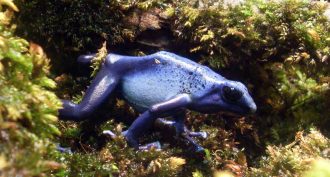 Chemistry
ChemistryScientists Say: Toxin
It is safe to refer to any poison as toxic. But while all toxins are poisonous, most poisons are not toxins.
-
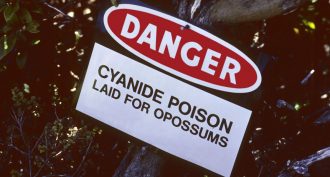 Chemistry
ChemistryScientists Say: Cyanide
Cyanides are poisonous. But they are more than that. This group of compounds is used in everything from mining to capturing fish.
-
 Tech
TechConcrete science
Teen researchers are exploring ways to strengthen this building material, use it for safety purposes and use its discarded rubble.
By Sid Perkins -
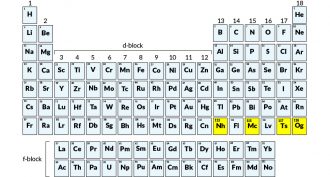 Chemistry
ChemistryThe newest elements finally have names
Nihonium? Tennessine? These aren’t body parts or medicines. They’re among the names just given to the four newest superheavy elements.
-
 Chemistry
ChemistryScientists Say: Acidification
When a solution becomes more acidic, it’s acidifying. And that’s not always a good thing.
-
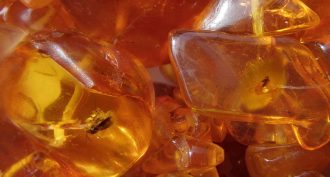 Fossils
FossilsIdentifying ancient trees from their amber
A Swedish teen’s analyses of a sample of amber may have uncovered a previously unknown type of ancient tree.
By Sid Perkins -
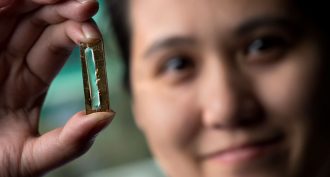 Materials Science
Materials ScienceNanowires could lead to super-long-lived battery
Scientists have long been looking for ways to make rechargeable batteries that last forever. They now may be close. Their solution: gel-dipped nanowires.
By Lela Nargi -
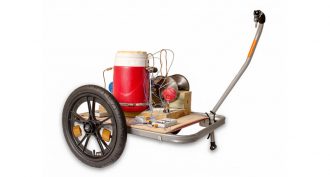 Health & Medicine
Health & MedicineKeeping samples cool without electricity
When vaccines and blood get too warm or cold, they can become useless. Two teens invented ways to keep their temperatures just right, no matter where they are.
-
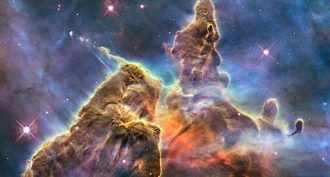 Chemistry
ChemistryKey sugar for life on Earth could have formed in space
Ribose, a sugar in RNA, may have formed in space and then rained down on a young Earth, a new study suggests.
-
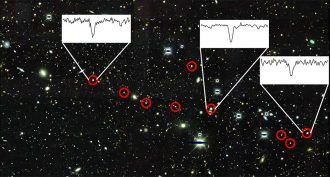 Chemistry
ChemistryDwarf galaxy spawned heavy elements
A study of nine stars in the dwarf galaxy Reticulum II found heavy elements. They had been produced after a violent stellar event sparked a chemical chain reaction.